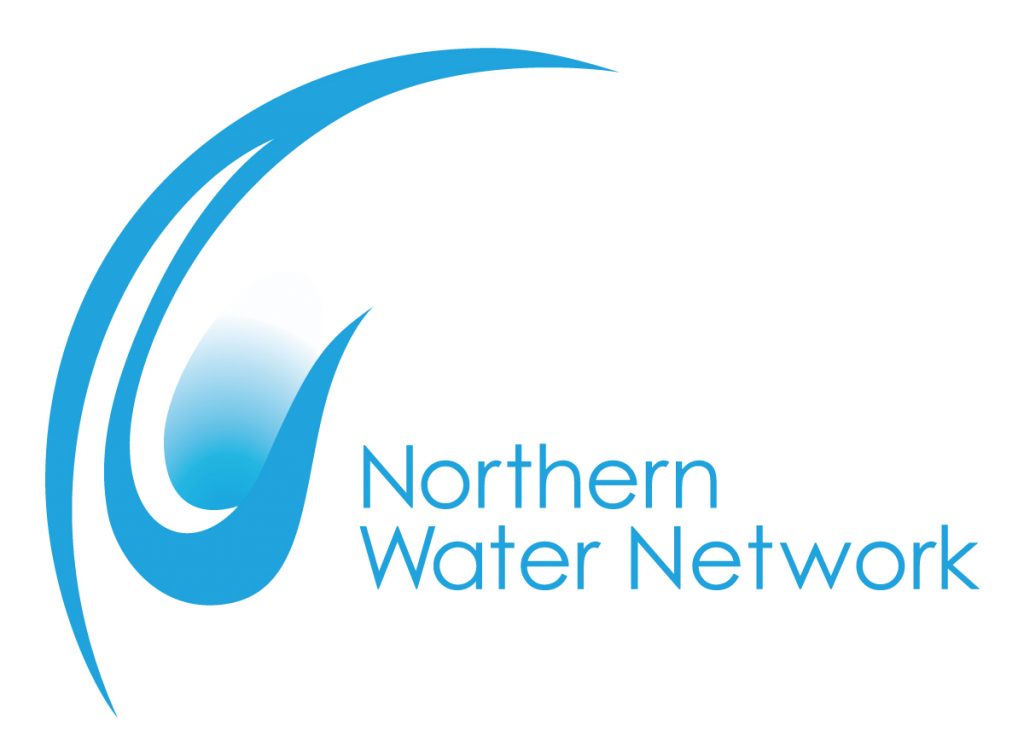

Japan Water Forum, which serves as the secretariat of NoWNET, organized the session focused on applying nature-based solutions in urban areas to address flood risk management with the NoWNET members on Day 1 of Stockholm World Water Week online 2021.
This session discussed the pathways and lessons from applying the Nature-Based Solutions (NBS) into the existing urban landscape for flood and storm risk management in Denmark, Finland, the Netherlands, Japan, and the Republic of Korea. The speakers shared the application methodologies, institutional arrangement, implementation process, ways of measurement, including the cost-benefits analysis and effectiveness, compared to “do nothing” and grey infrastructure. They then aimed to discuss whether and how different political, financial, landscape, and civil society settings influence the promotion of the NBS to address the risks of flood and stormwater in urban areas.
|
Nature as a Partner: Implementing Nature-Based Solutions Globally Online session page: Session Flyer |
Presentation overview
Dr. Peter van der Keur, Senior scientist, Geological Survey of Denmark and Greenland (GEUS), Dept. of Hydrology, Denmark, presented the case of Copenhagen’s adaptation strategy. He shared calculation methodologies assessing the effects, cost, and benefits of nature-based solutions for urban groundwater flooding mitigation with a restored urban river scenario in Copenhagen. He also shared the institutional decision-making process, including the ways to support investment in risk reduction by valuing the impact of NBS.
Mr. Antti Parjanne, Leading Water Management Expert, Ministry of Agriculture and Forestry of Finland,presented Nature-Based Solutions for stormwater flood risk management in Finland and the Baltic Sea region in Denmark, Poland, Germany, and Sweden. He analyzed the measures implemented in these countries tend to focus on small-scale run-off water floods. He pointed out the necessity of more large-scale strategies and funding instead of single cases and projects, highlighting the various benefits in the long-term and widespread awareness of different methods and the benefits. He shared the methodologies for the NBS application for implementation.
Prof. Chris Zevenbergen, Professor at the Water Engineering Department, IHE Delft, discussed whether NBS is a panacea for urban water challenges sharing experiences from Asia and Europe. He presented the lessons from Chinese-European cooperation on Sponge Cities 2018-2022 implemented a part of China Europe Water Platform. Prof. Zevenbergen highlighted the potential of NBS as a cost-effective enabler of (urban) sustainability. Still,multiple benefits add complexity to the discussion about “who will benefit and who will pay” and require coordination between city departments and stakeholders’ involvement. He also emphasized the Finance was essential to scale up Blue-Green Infrastructure and shared the enabling finance strategy, such as land-value capture to implement NBS in urban areas.
Dr. Keigo Nakamura, Director, River Restoration Team & Aqua Restoration Research Center (RRT/ARRC), Public Works Research Institute (PWRI), Japan, presented catchment-scale flood management for river restoration through the promotion of green infrastructure. He introduced the case of the Tsurumi River basin and Yokohama City’s disaster prevention and mitigation measures. He emphasized the necessity to work not only within cities but also throughout the entire watershed. Even if the facilities are small, they will be great if they are placed in large numbers. He also emphasized the necessity to use the green infrastructure technologies cultivated for each river environmental restoration for the environment improvement for the entire basin as the future measures in Japan.
Prof. Lee-Hyung Kim, Civil and Environment Engineering Dept. Kongiu National University, Rep. of Korea presented improving the ecological functions on NBS in the Republic of Korea. He first pointed out that water is the most critical component of the ecosystem, and the disconnection between water and green spaces caused urban and environmental issues. He then showed how many non-ecologically friendly social infrastructures are there in each city of the Republic of Korea with the figures. Based on these analytical outcomes, he shared the technical methods and examples of design to introduce and scale up the green infrastructure from grey infrastructure. He also shared how we can encourage NBS in our society and apply the NBS design to the development process and who will manage for decentralized NBS.
Finally, this session introduced the following key message as the summary.
|
Key Summary of NoWNET NBS Session in Stockholm World Water Week 2021 Institutional mainstreaming of the multiple benefits of NBS
NBS are cost-effective enablers of (urban) sustainability:
Data sharing and modeling are necessary:
Need to look beyond the urban area to address the drivers of flood damage:
|
Program
|
Opening Remarks |
|
Presentation (Finnish Water Forum) (Netherlands Water Partnership) (Japan Water Forum) (Korea Water Forum) |
(Reported by Yumiko Asayama, Manager)
